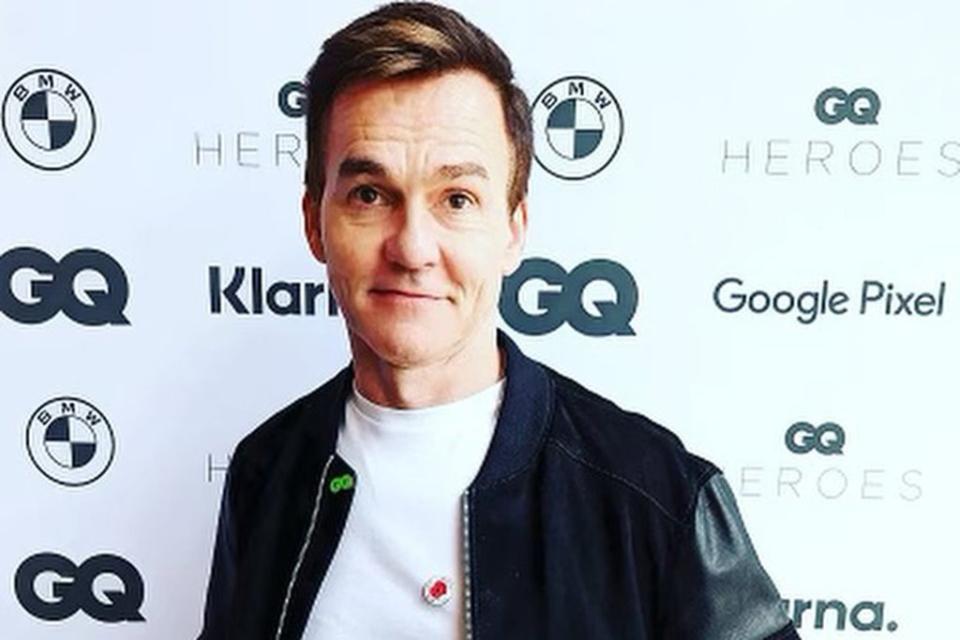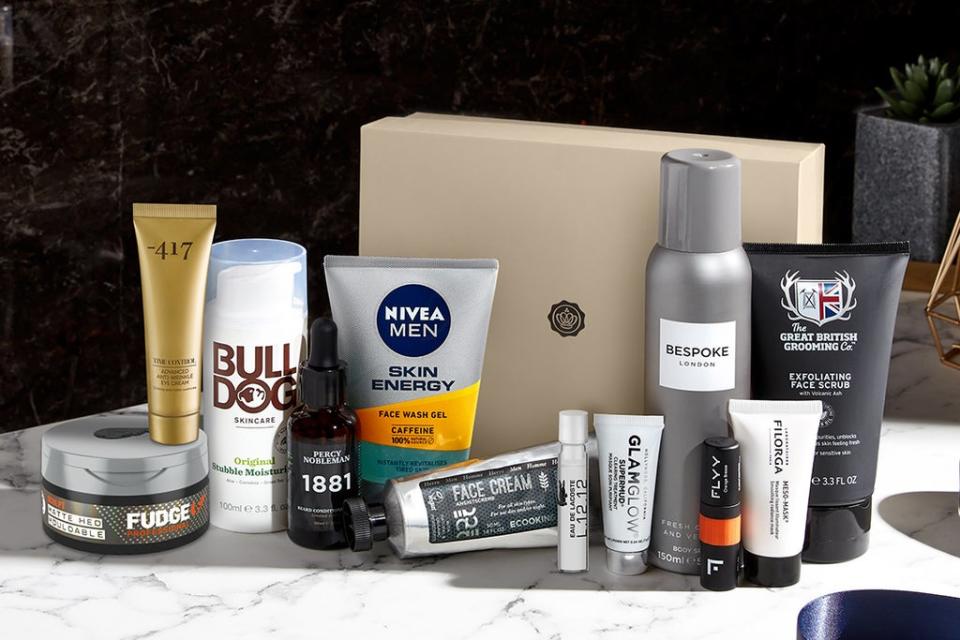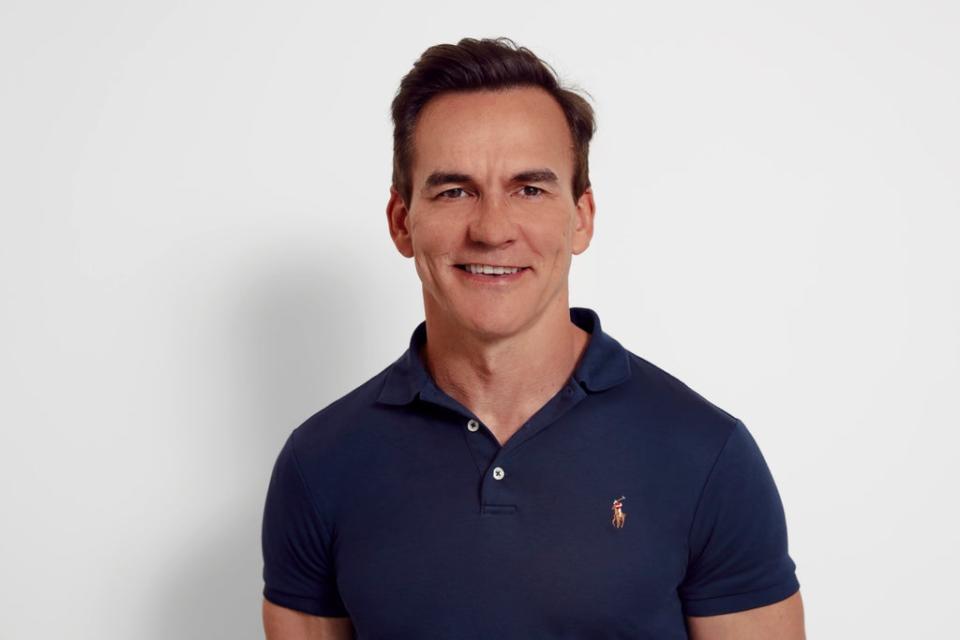The Hut’s roof falls in: How it all went wrong for Matt Moulding and THG on the London Stock Exchange

THG, formerly The Hut Group, has had a miserable time since its much celebrated IPO in September 2020.
After seeing its stock rising over 60% in the first few months of listed life, shares have plummeted to less than half the IPO price. Most of the damage has been done in just the last few months.
CEO, chairman and founder Matt Moulding said going public “has just sucked from start to finish,” he told GQ last week. He has blamed short sellers for his woes. Others point to concerns about governance, strategy and a complex deal with Japan’s SoftBank.
Here’s a breakdown of how it all went wrong.
From e-commerce darling to fallen star:
June 2020: THG, formerly The Hut Group, publicly shares details of its financial performance ahead of an upcoming stock market float. Sales rose by 24% in 2019 to hit £1.1 billion and gross profits rose 22% to £511 million.
The company sells beauty goods like lip gloss and health products like vitamins online via brands including Lookfantastic, Illamasqua, MyProtein and many, many more.
August 2020: Ahead of IPO, questions arise over THG’s corporate governance: as well as remaining chairman and chief executive, Moulding is landlord to a string of the company’s properties plus retains a controversial golden share blocking the firm from inclusion in FTSE indices. Nothing as dull as corporate governance can keep away investors with a desperate desire to find the next Amazon, though.

September 2020: THG is valued at £5.4 billion as it lists on the London Stock Exchange at 500p per share. The stock soars and founder Matt Moulding goes to bed that night worth £1.1 billion. He first launched a website (then called The Hut) in 2004 flogging cheap CDs and DVDs from the Channel Islands. In the press, he is dubbed Britain’s answer to Jeff Bezos.
January 2021: Shares peak at 837p, more than 60% above the float price.
Some early backers sell more shares. Venture capital fund Balderton Capital sells 27.4 million shares and West Coast Capital Assets sells 4.1 million. Both of these backers were subject to a post-IPO lock-up period banning them from selling for time but, unusually, the banks running the process waived the agreements.
THG says the share sales, worth £250 million, are in response to huge demand from institutions in the City. The company says the offering was seven times over subscribed.
Around the same time, Investors’ Chronicle runs an article asking if the “hype” around THG is justified, saying it is “difficult to see why it might stand out from the crowd”.
May 2021: THG strikes a complicated deal with tech investment giant SoftBank centred around its small but fast growing platform business Ingenuity. The deal values the software system at £4.5 billion. Ingenuity handles everything from online orders to delivery for brands. Its logistics and warehousing technology is used by firms including Nestle and Coca Cola Europe.
SoftBank invests $1 billion in THG at the time, with cash earmarked for acquisitions. It has an option to buy part of Ingenuity at a later date.
August 2021: THG buys website Cult Beauty for £275 million. The deal “wasn’t a negative catalyst in itself but it weakened the balance sheet,” says a retail-watching banker too embarrassed about his early enthusiasm for THG to give his name.
September 2021: Shares drop 4% as the company sets out plans to spin off its beauty division (which accounts for almost half of revenues) in a separate listing next year. THG will remain the biggest shareholder but this structure puzzles some investors.
The parent company will instead focus its efforts on Ingenuity, which again concerns some. “That big change, coming within a year from its initial listing, wasn’t great news or timing,” says Shore Capital analyst Eleonora Dani.

Early October 2021: Investment firm The Analyst publishes a negative research note on “overhyped” THG that says growth forecasts for Ingenuity are “unrealistic”, which THG disputes.
The Mail reports that the Analyst previously ran highly critical reports on Wirecard, Debenhams, and Carillion, all of which ended up collapsing.
The Analyst highlights that 2010 listing plans for The Hut were pulled after auditors PwC flagged an issues with documentation. A spokesperson for THG tells the Guardian the issue was the “related to the actions of two junior individuals” who have since left the company. THG says: “Contemporaneous independent reviews and the court found THG was not aware of their actions nor the systems issue causing the reporting inaccuracy and THG took immediate corrective action on discovery.” THG points out that it ended up raising money privately in September 2011.
Dani says: “The Analyst report was the first time THG saw really negative press.”
Shares weaken even further on the report.

13 October 2021: A week later, THG hosts its inaugural Capital Markets Meeting, where “investors expected a bit of a defence [from Moulding], but instead received a speech from him complaining about short attacks,” Dani says. JPMorgan left the investor meeting saying THG “failed to address current investor concerns.” The rest of the City agrees; shares fall 35%.
20 October 2021: Under pressure from the share price collapse, Moulding agrees to lose his “golden share” which he controversially retained at IPO. It allows him to block any hostile takeovers for three year. The same week, the CEO also restructures a personal loan worth £100 million that used THG shares as collateral. The stock rises 2%.
26 October 2021: THG posts a 38% rise in revenues to £507.8 million in the three months to September and increases growth expectations for Ingenuity - but warns that profits margins will be squeezed by currency fluctuations. This sends shares falling again.
In a bid to overhaul corporate governance, Moulding brings in headhunter Russell Reynolds to find a new non-executive chair. THG also appoints a new non-executive director: SoftBank managing director Dr. Andreas Hansson.
The City is unconvinced: Simon Bowler at Numis flags the “worsening momentum and worsening cash profile of the core businesses.” Shares sink another stunning 20% on the day.
2 November 2021: Shares sink to a fresh record low after Blackrock, THG’s largest institutional investor, almost halves its 10% stake, selling 58 million shares priced at 195p each.
“Nothing really happened at THG to justify its rerating, there were no hugely damaging [trading] numbers, but the minute [a company] loses investors’ confidence, it’s hard to get it back,” says Dani. “There’s been a lack of transparency, and missed opportunities to clarify to investors. I think banks originally got the valuation wrong and things started to crumble, THG lost momentum.”
5 November 2021: Moulding tells a GQ magazine audience he has had “a sh*tty time” since THG’s IPO, which “just sucked from start to finish.”
The CEO once again blames short sellers for his woes, despite data suggesting only a small amount of shares are out on loan. Moulding says there are “undisclosed shorts” who “operate from the Bahamas or from Switzerland.”
Moulding adds he wished he’d picked New York to list rather than London and hints he could take the company private again. He says he has “options” as a “big shareholder” who owns more than half the business together with “a few people that I’m close with”. Shares rise as much as 5% on bid speculation.
A City retail watcher says: “[Moulding] would need someone to provide the equity financing to do so and it’s not obvious who that would be.
“Investors don’t want this volatile set of comments from the chief executive of their business, in the same way they didn’t like the Capital Market Day and short-sellers.”
Shares - which were over 800p in January - are now trading at just over 200p.
Read More
City comment: THG crisis shows Matt Moulding needs more grey hairs in the boardroom
City comment: For THG, ignorance is bliss
City comment: Share price slide is tough test for THG’s Matt Moulding

 Yahoo Finance
Yahoo Finance 